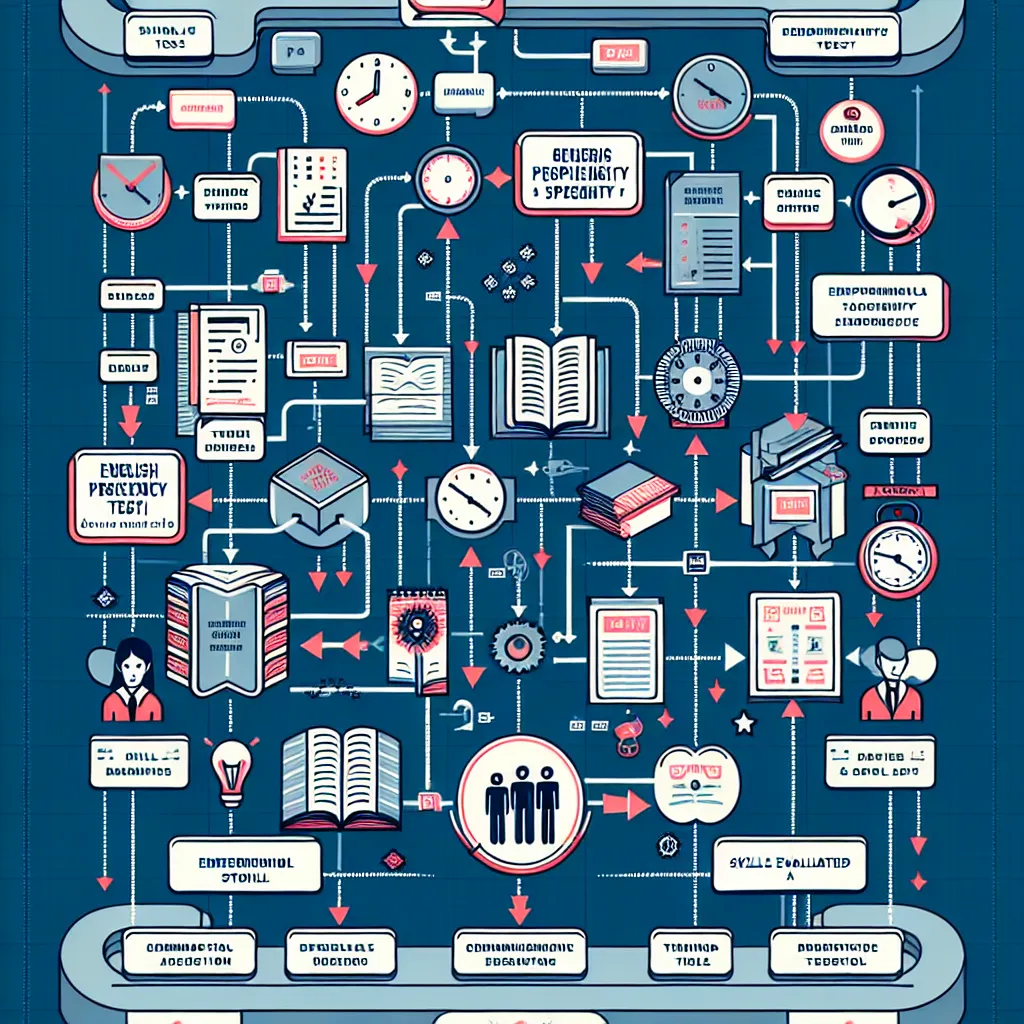Are you preparing for the Cambridge Writing Task 2 and looking for ways to maximize your score? You’re in the right place! As an experienced Cambridge exams instructor and content creator, I’ll share valuable insights on how to avoid common pitfalls and boost your performance in this crucial part of the exam. Let’s dive into the best strategies to help you succeed in Cambridge Writing Task 2.
Understanding Cambridge Writing Task 2
Before we explore the strategies to avoid losing marks, it’s essential to understand what Cambridge Writing Task 2 entails. This task is a critical component of Cambridge English exams, including FCE, CAE, and CPE. It requires candidates to write an essay on a given topic, demonstrating their ability to present and develop arguments, use appropriate language, and organize their thoughts coherently.
 Cambridge Writing Task 2 Exam
Cambridge Writing Task 2 Exam
Common Reasons for Losing Marks
To avoid losing marks, it’s crucial to be aware of the common pitfalls that many candidates fall into. Here are some key areas where students often lose points:
- Poor essay structure
- Inadequate topic development
- Limited range of vocabulary and grammar
- Lack of coherence and cohesion
- Irrelevant content
- Insufficient word count
- Poor time management
Now that we’ve identified these issues, let’s explore strategies to address each one and improve your performance in Cambridge Writing Task 2.
Strategies to Avoid Losing Marks
1. Perfect Your Essay Structure
A well-structured essay is fundamental to scoring high in Cambridge Writing Task 2. Follow this basic structure:
- Introduction: Clearly state your position on the topic and outline your main points.
- Body paragraphs: Develop each main point in separate paragraphs, providing supporting evidence and examples.
- Conclusion: Summarize your arguments and restate your position.
Tip: Use clear topic sentences for each paragraph to guide the reader through your essay.
2. Develop Your Topic Thoroughly
Examiners are looking for in-depth analysis and well-developed arguments. To achieve this:
- Brainstorm ideas before you start writing
- Use specific examples to support your points
- Explore different aspects of the topic
- Consider counterarguments and address them
Remember, quality is more important than quantity. It’s better to have fewer well-developed points than many superficial ones.
3. Expand Your Vocabulary and Grammar Range
To impress the examiners and avoid losing marks:
- Use a variety of advanced vocabulary relevant to the topic
- Incorporate a range of grammatical structures, including complex sentences
- Avoid repetition by using synonyms and paraphrasing
Tip: Keep a vocabulary journal during your preparation to learn and practice new words and phrases.
4. Enhance Coherence and Cohesion
A well-connected essay flows smoothly and is easy to follow. To improve coherence and cohesion:
- Use appropriate linking words and phrases
- Ensure logical progression of ideas
- Maintain clear relationships between sentences and paragraphs
- Use referencing (e.g., pronouns, demonstratives) effectively
5. Stay Relevant to the Topic
One of the quickest ways to lose marks is by going off-topic. To stay focused:
- Carefully read and analyze the task prompt
- Underline key words in the question
- Regularly refer back to the prompt as you write
- Ensure each paragraph directly addresses the task
6. Meet the Word Count Requirement
Failing to meet the required word count can result in significant mark deductions. To avoid this:
- Practice writing within the time limit to gauge your typical word count
- Plan your essay to include enough content to meet the requirement
- If you finish early, use the remaining time to elaborate on your points or add relevant examples
7. Master Time Management
Poor time management can lead to incomplete essays or rushed conclusions. Here’s how to manage your time effectively:
- Allocate 5 minutes for planning
- Spend about 30 minutes writing
- Reserve 5 minutes for proofreading and editing
Tip: Use a watch or clock to keep track of time during the exam.
 Time Management for Writing Task
Time Management for Writing Task
Additional Tips for Success
To further enhance your performance in Cambridge Writing Task 2:
- Practice regularly with past exam questions
- Familiarize yourself with the marking criteria
- Read sample high-scoring essays to understand what examiners are looking for
- Get feedback from a teacher or tutor on your practice essays
- Work on improving your handwriting if it’s difficult to read
Conclusion
Avoiding common mistakes and implementing these strategies can significantly improve your score in Cambridge Writing Task 2. Remember, success comes with practice and preparation. Focus on developing a clear structure, relevant content, and a wide range of language skills. By following these expert tips, you’ll be well-equipped to tackle the writing task with confidence and achieve the score you desire.
[internal_links]
Do you have any specific questions about Cambridge Writing Task 2? Share your thoughts or concerns in the comments below, and let’s continue this discussion to help you excel in your Cambridge exam!




